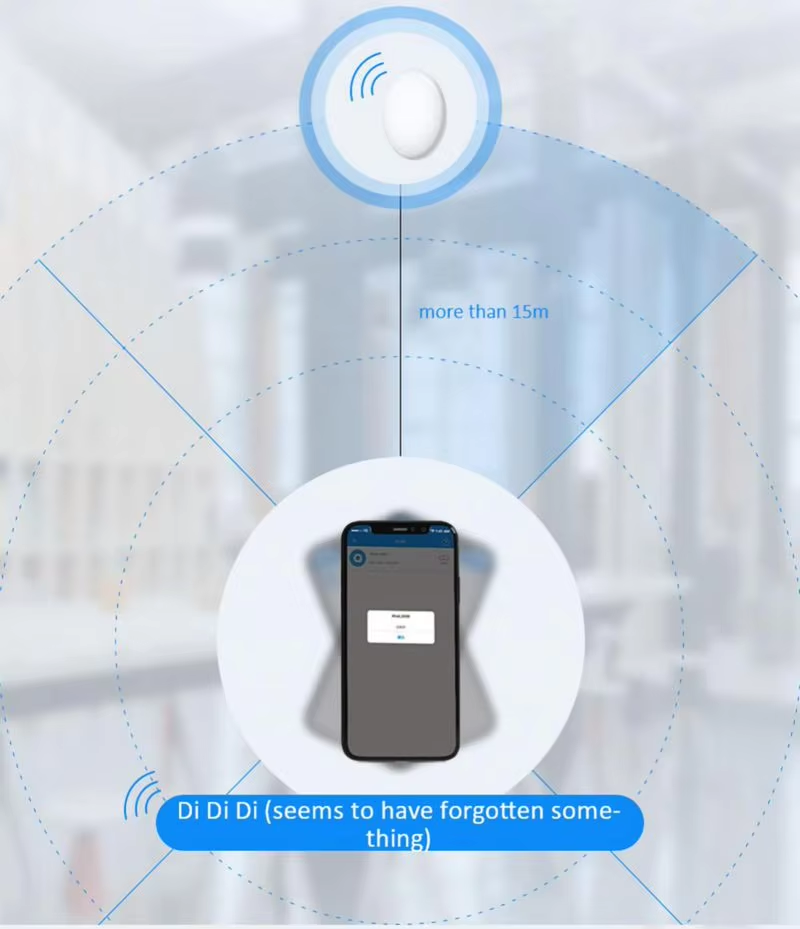

As technology continues to advance, security for personal spaces, like bedrooms, has become more accessible and reliable. In recent years, the fingerprint door lock for bedroom has emerged as a popular choice for enhancing personal safety and convenience. These devices provide a secure and efficient way to lock your doors without the need for traditional keys, which can be lost or duplicated. In this comprehensive guide, we’ll explore the history, features, benefits, drawbacks, and the future potential of fingerprint door locks.
History of Fingerprint Door Locks
The idea of fingerprint authentication has existed for over a century, but it wasn’t until recent decades that it became a viable consumer product. Initially developed for government and corporate security systems, fingerprint door locks were gradually introduced into the home security market as costs of biometric technology dropped. Today, they are a common feature in many smart home security systems.
Key Features of a Fingerprint Door Lock for Bedroom
Modern fingerprint door locks come packed with a variety of features designed to enhance security and convenience. Here are some of the key features that make these devices ideal for bedroom use:
- Biometric Authentication: A fingerprint scanner is used to recognize unique fingerprints, making unauthorized access virtually impossible.
- Keyless Entry: No need for physical keys, which can be lost or stolen.
- Multiple User Access: Many locks allow you to register multiple fingerprints, so family members or trusted individuals can access the room.
- Remote Access: Some models integrate with smart home systems and allow you to control the lock remotely via smartphone apps.
- Battery Backup: Most locks have battery-operated systems with backup power to prevent lockouts during power failures.
Benefits of Using a Fingerprint Door Lock for Bedroom
The benefits of installing a fingerprint door lock in your bedroom are extensive. Here are some of the most significant advantages:
- Enhanced Security: Biometric security ensures that only authorized users can access your bedroom. With no physical key, the risk of burglary through lockpicking or key duplication is eliminated.
- Convenience: The days of fumbling for keys are over. Simply place your finger on the scanner for quick and easy entry.
- Privacy Control: For shared households or rental properties, a fingerprint lock provides an additional layer of privacy by ensuring that only specific individuals have access to your room.
- Seamless Integration: Many of these locks are compatible with popular smart home security systems, allowing you to integrate them with other smart devices.
- Durability: High-quality locks are designed to be tamper-proof and resistant to wear, ensuring long-term reliability.
Potential Drawbacks of Fingerprint Door Locks

Despite the advantages, there are some potential drawbacks to consider:
- Initial Cost: Biometric locks can be more expensive than traditional locks due to the advanced technology they use.
- Battery Dependency: If the lock is battery-powered, it may fail if the batteries run out. However, most models provide a low-battery warning and backup solutions.
- Fingerprint Recognition Issues: In rare cases, factors like dirt, moisture, or cuts on your finger may prevent the scanner from reading your fingerprint accurately.
- Privacy Concerns: Some users worry about storing biometric data, though most locks use encrypted technology to safeguard fingerprints.
Market Position and Future Potential
The market for fingerprint door locks for bedrooms has been growing rapidly, thanks to increasing awareness of home security and the rise of smart homes. According to recent reports, the global smart lock market is expected to grow significantly over the next few years, with biometric locks playing a major role in this expansion. Leading brands such as August, Samsung, and Ultraloq are at the forefront, offering innovative designs that are both user-friendly and highly secure.
Looking ahead, the integration of fingerprint door locks with Internet of Things (IoT) devices is likely to create new possibilities for home automation. Advances in technology may also lead to improvements in biometric recognition accuracy and affordability, making these locks even more appealing to a wider audience.
Is a Fingerprint Door Lock for Your Bedroom Worth It?
When deciding whether to invest in a fingerprint door lock for your bedroom, consider the level of security and convenience you require. If privacy, security, and ease of use are top priorities, a biometric lock can offer peace of mind. As smart home technology continues to evolve, fingerprint door locks will likely become a standard feature in modern homes.
Conclusion
In conclusion, a fingerprint door lock for bedroom offers many advantages, from enhanced security to the convenience of keyless entry. Despite a few potential drawbacks, such as cost and battery dependency, the benefits far outweigh the negatives, especially if you value privacy and high-tech solutions. As the market continues to grow, these locks are expected to become even more advanced and affordable. If you’re looking for a reliable and efficient way to secure your personal space, investing in a fingerprint lock is a smart choice. Check out some of the best fingerprint door locks available today!



